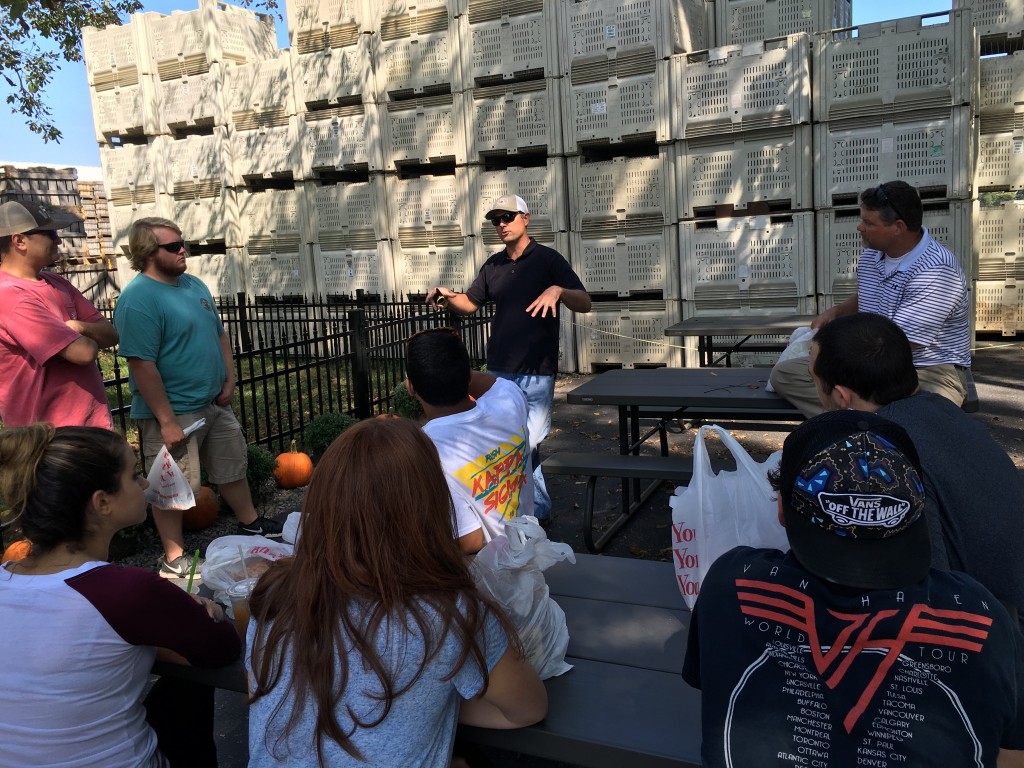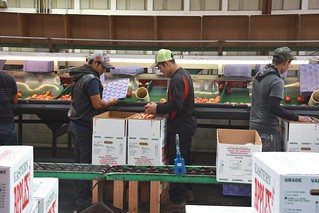One of the most interesting lectures from our Delaware Agriculture class was on 10/24/16 when Tracy Wootten and Valann Budischak visited and enlighten us about Delaware’s booming green industry. But first, Tracy and Val gave us their personal backstories of how they chose successful careers and, indeed, ones they had a passion for, which was very inspiring. After they explained the paths they carved for their individual success, I was surprised to learn about the huge impact the horticulture industry has on the economy, bringing in over 21 million dollars nationally per year. This significant amount of economic flow can be attributed to multiple assets of the green industry, including the producers and retailers of horticulture, landscaping, land managers, golf courses, as well as equipment suppliers. Tracy and Val then further explained the types of plants you would find in a nursery and a floriculture crop production operation. Nursery crops are trees like evergreens, shade trees, shrubs, indoor fruit and nut trees, and even Christmas trees. Whereas floriculture crops are garden plants, cultivated greens, flowers, and foliage plants. The green industry is a growing and imprtant aspect of the large and plentiful Delaware agriculture community. I learned a great deal from Tracy and Val’s lecture and I am very thankful they took the time to share their knowledge and experiences with me.













